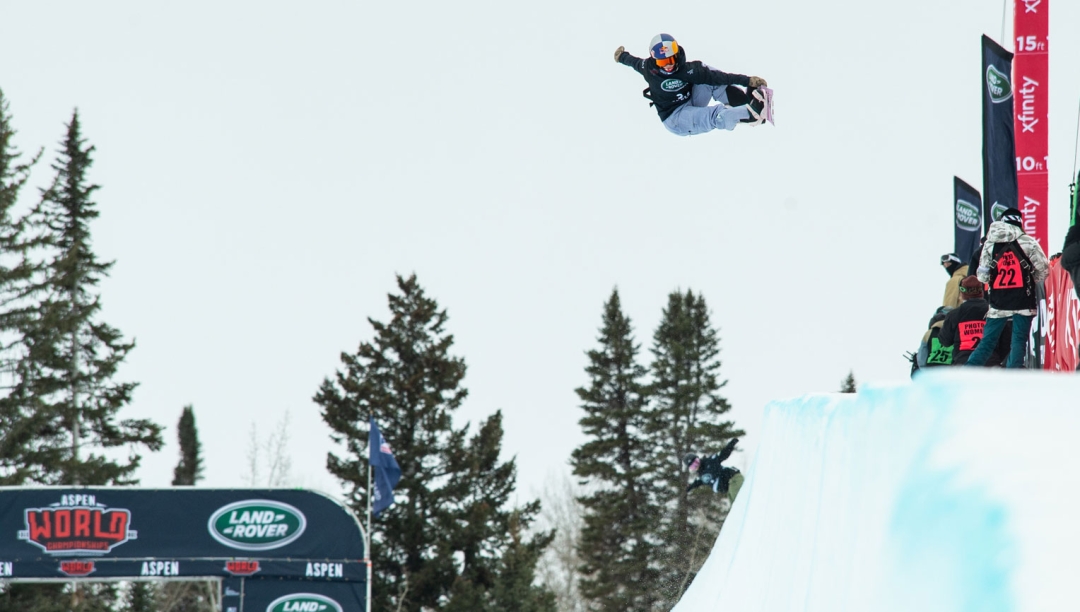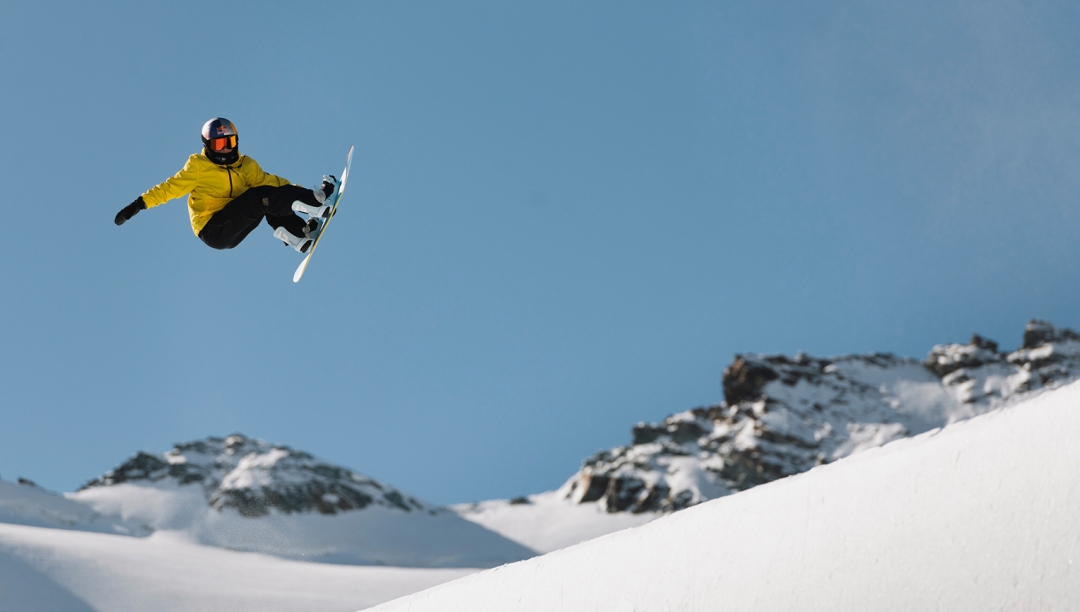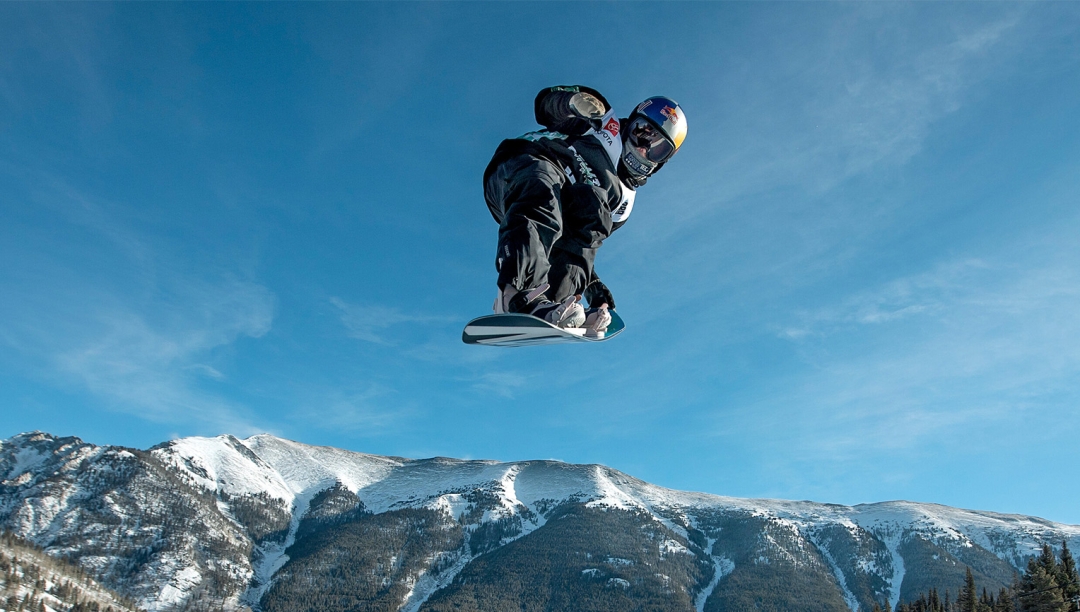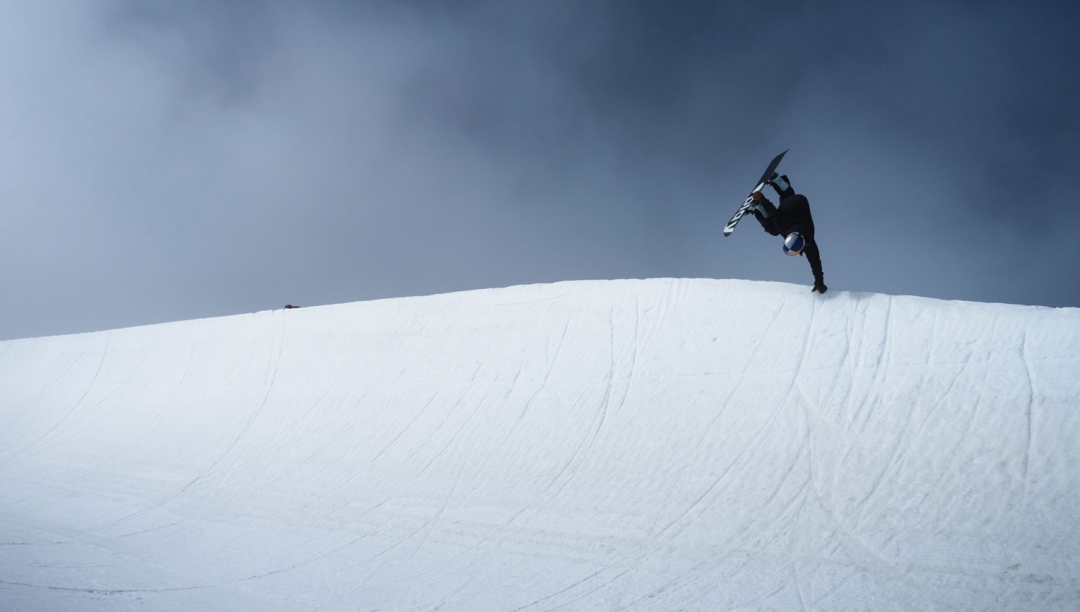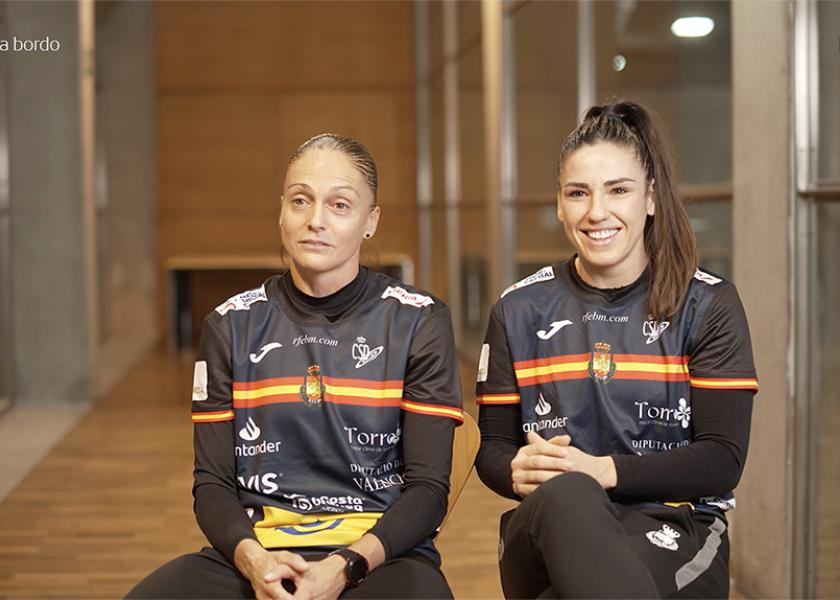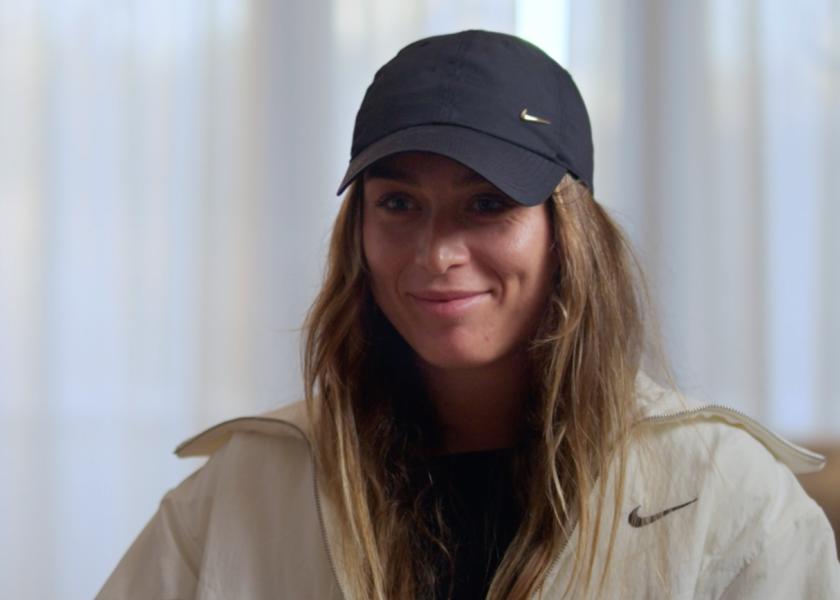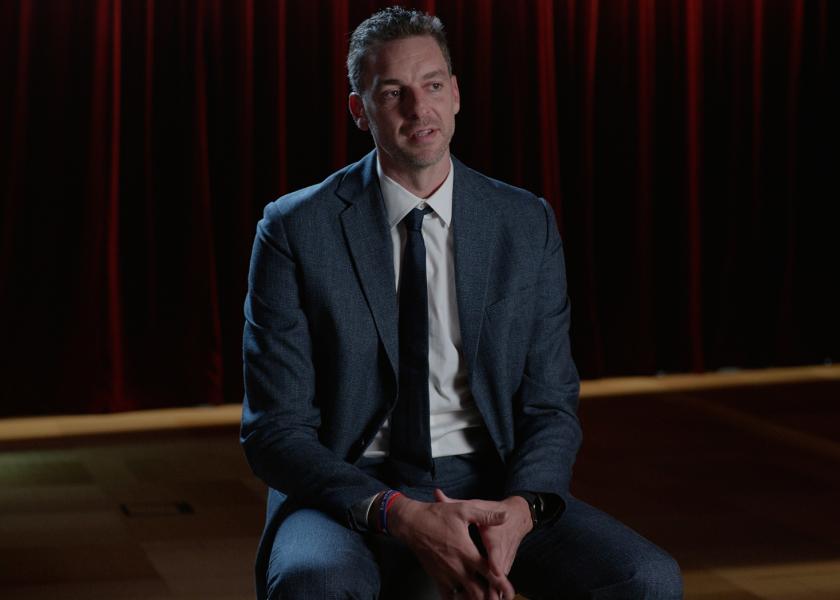Queralt Castellet
A 'rara avis' in the snow
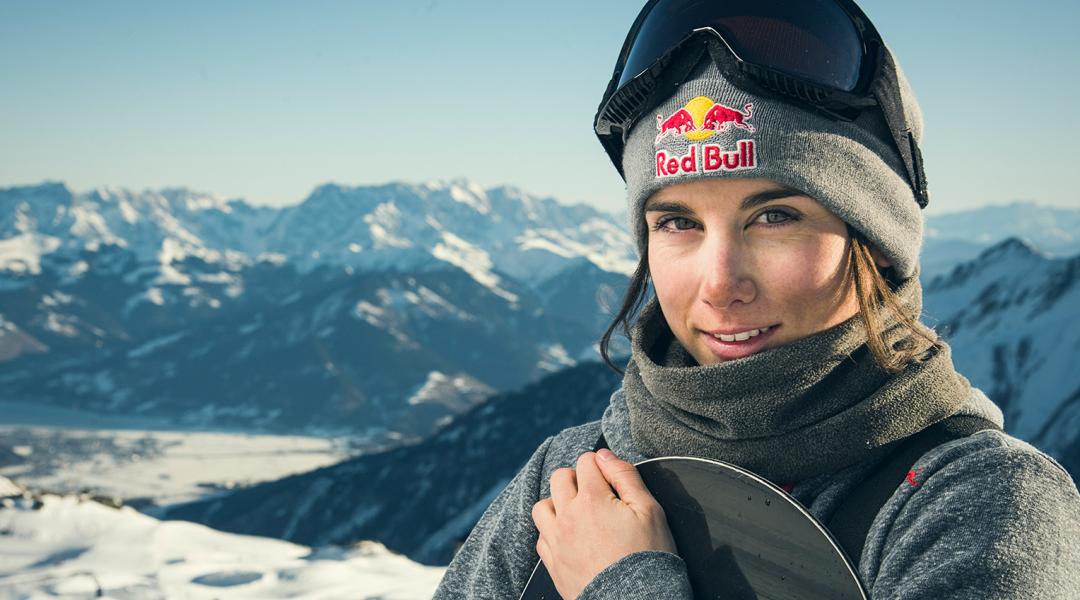
Woman, winter sport and success. Few, very few, can feel represented by these three words in a country like Spain and one of them is Queralt Castellet. A ‘rare bird’ that arose thanks to her parents' passion for snow and nature, and who faced a new challenge: the Winter Olympic Games being held in Beijing between 4th and 20th February, 2022.
Queralt Castellet (Sabadell, 1989) has dedicated more than half her life to her passion and, despite the multiple sporting and economic barriers that she has had to overcome, she has managed to become a global benchmark. On the back of her snowboard she has won medals in a couple of World Championships, in more than a dozen World Cup events and even won gold in the X Games held in Aspen (United States) in 2020. Thus, as one of the most successful active Spanish athletes, she reached her fifth Games, where she got on the podium.
How does a girl from Sabadell become fond of the halfpipe and how were those early years?
Thanks to my parents, their love for the mountain and the nature. They were amongst the first to try snowboarding back in the 90's, and that's how my brother and I were lucky enough to be in contact with this sport since we were little. My early years were in Catalonia and Andorra, on those weekend family getaways.
From your experience, is it difficult to dedicate yourself to a winter sport in a country like Spain?
Yes, it is, and more so in my case since I compete mainly in a discipline for which a specific installation is required. Very few halfpipes are built in the world, and unfortunately in Spain there are none, which forces me to establish my base in Switzerland or United States. The construction of these halfpipes also makes it a very expensive sport and the effort required to compete in the elites is titanic.
"I have the Olympic medal pending, but the diploma is also a great result”
How has this sport changed since you started competing?
Although we are still few, more and more people are fond of winter sports and snowboarding in particular. The sport has evolved a lot at the level of skills, and I see it every season. I spend months trying to iron a new skill and soon after I get it I start to see more people pulling it off. This forces you to be constantly evolving in order to innovate.
And are there more women too?
Yes, there are more women now but, as I mentioned before, the shortage of halfpipes where one can train and compete - for competition measures there are only four or five in the world for a limited time a year - as well as the high cost of this sport means that there’s likely only to ever be few of us who can dedicate ourselves to it on a regular basis.
Changing the subject, what challenge Queralt Castellet has yet to conquer?
I have been working daily for my passion for more than half my life. Luckily, that work is paying off and I can get on the podium frequently, even beyond the incredible results at the World Championships and the dream come true that was the gold medal at the X Games. I have the Olympic medal pending, but the diploma – which I got at Pieonchang 2018 – is also a great result.
Which moment of your already long career do you hold dear?
Events bring unforgettable and emotional moments, even more so if the result is very good. There are many and they are all special, I couldn't highlight just one... Although with the gold at the X Games I really felt a dream come true.
“The halfpipe is a very expensive sport, hence the effort required to compete in the elites is titanic”
What is a day in your life like? How many hours do you usually train?
A typical day starts around 6:00. I wake up, have breakfast, practice yoga, and stretch before going up to the mountain. Then I train, more or less, from 9:00 to 12:00 and then I keep training until 14:00 or 15:00. All this depends on the season of the year and the conditions of each place. When I finish, or on the way home, I eat again and when I arrive I do 15 minutes of cycling before resting a bit. The afternoon is dedicated to physiotherapy – it is very important to recover 100% from all impacts – to prepare the board if I do not have the technician there, to analyze the videos of that day and to prepare for the next one. If I have time, I also do interviews, sponsor issues, travel management, etc. Finally, I have dinner and go to sleep.
And after so many hours of work, how do you relax? What do you do in your free time?
I really like music and art — in fact, I love painting — but I also like shopping. Those are things that relax me. Also, if I have the opportunity, I meet with friends and join my family.
“We are still few, but more and more people are becoming fond of winter sports”
How relevant is talent to you and how do you get the most out of it in the halfpipe?
Talent is a skill that I have been modeling throughout my life in order to be able to do something that I like. And I have done it with passion, not only for the discipline of the halfpipe, but for snowboarding and everything that implies. Starting with respect and constant learning of the mountain and nature, and with a continuous effort and sacrifice to overcome challenges and progress.
What are your personal plans for the future? Do you have projects beyond sports?
At the moment, I am 100% focused on sports. With six days of training a week, travel and everything else, I have no time for more. In fact, believe it or not, it seems that every year my energy increases, so I have not made plans outside of my current environment. My present and my future is snowboarding.
